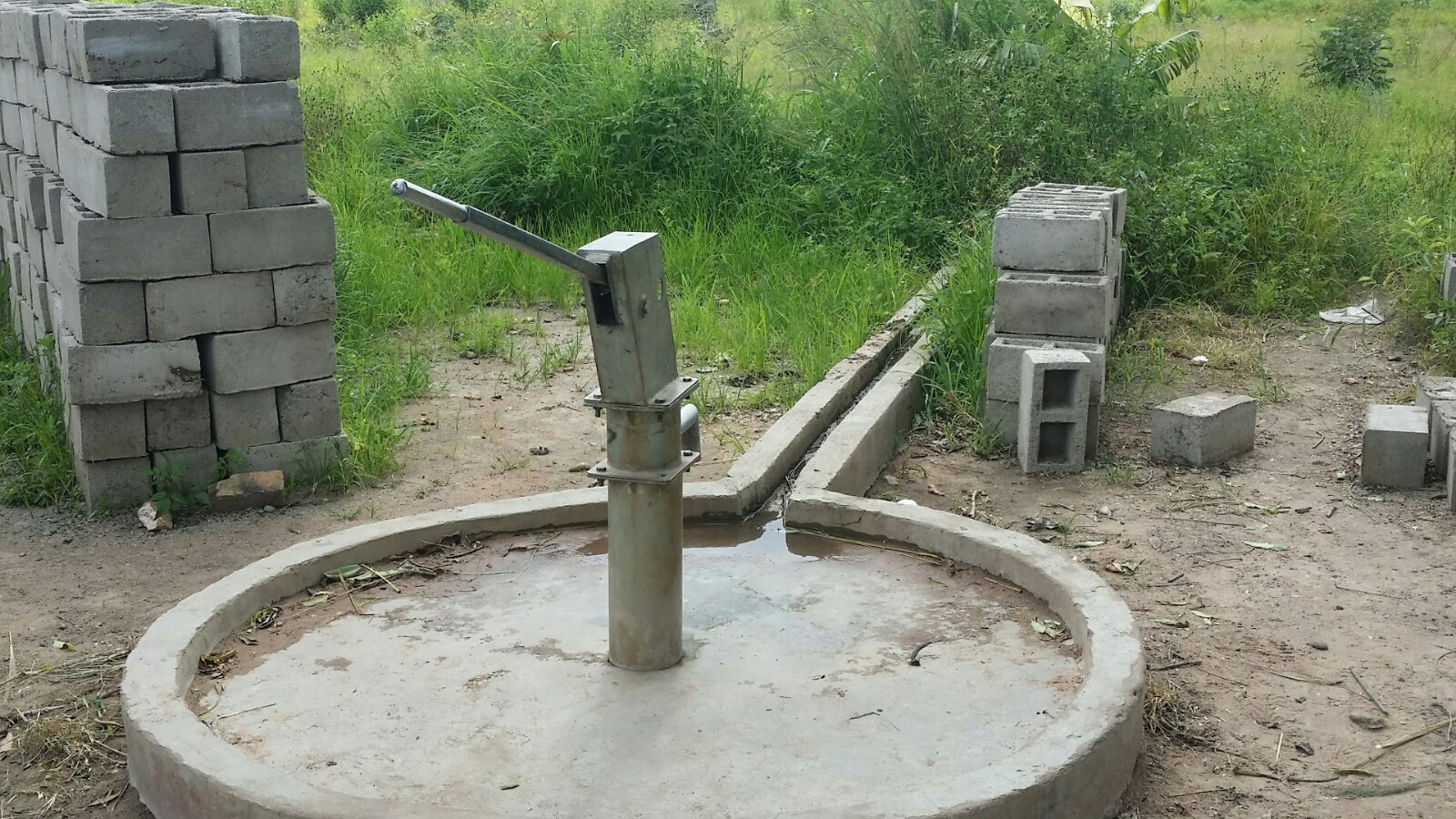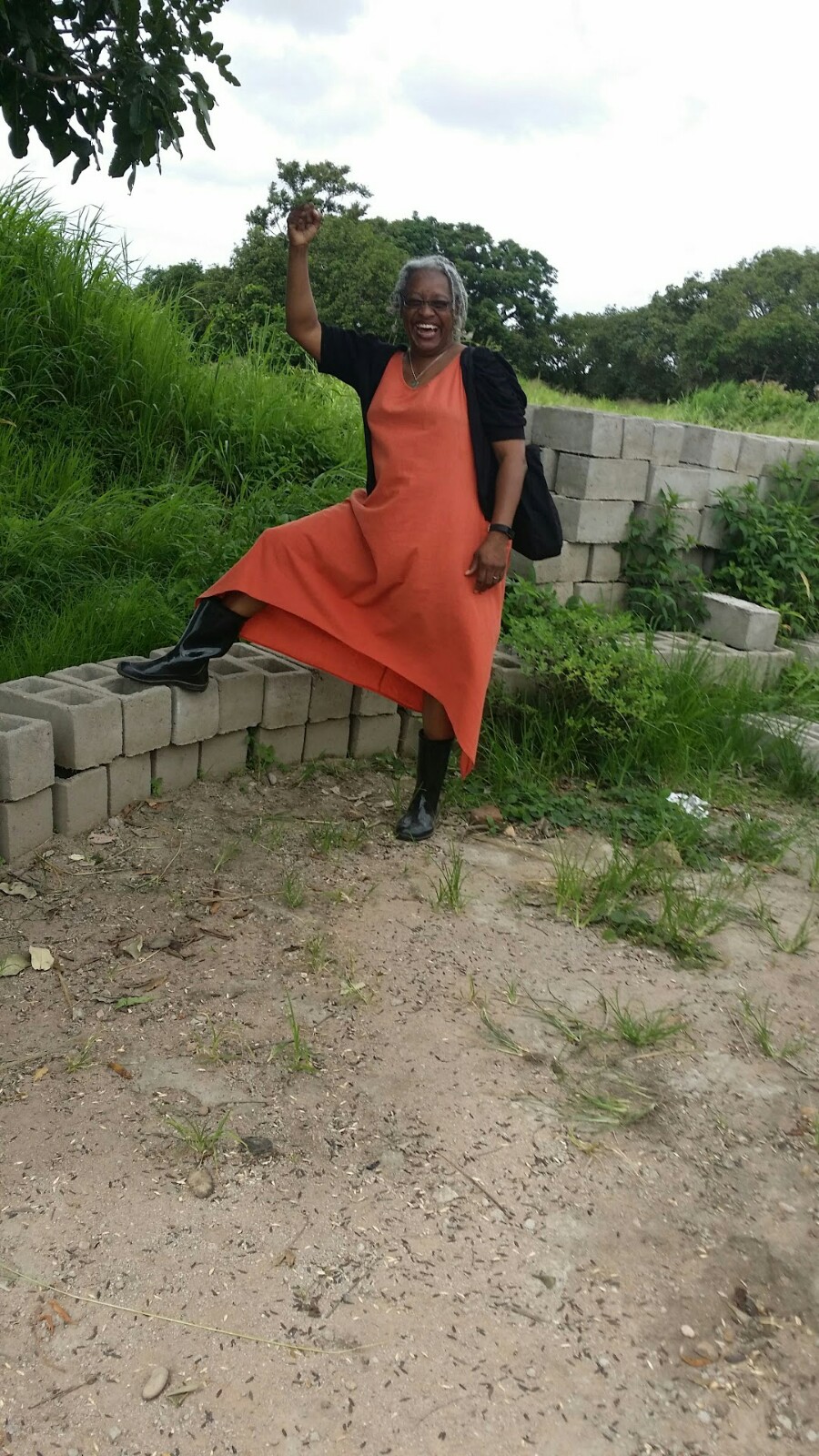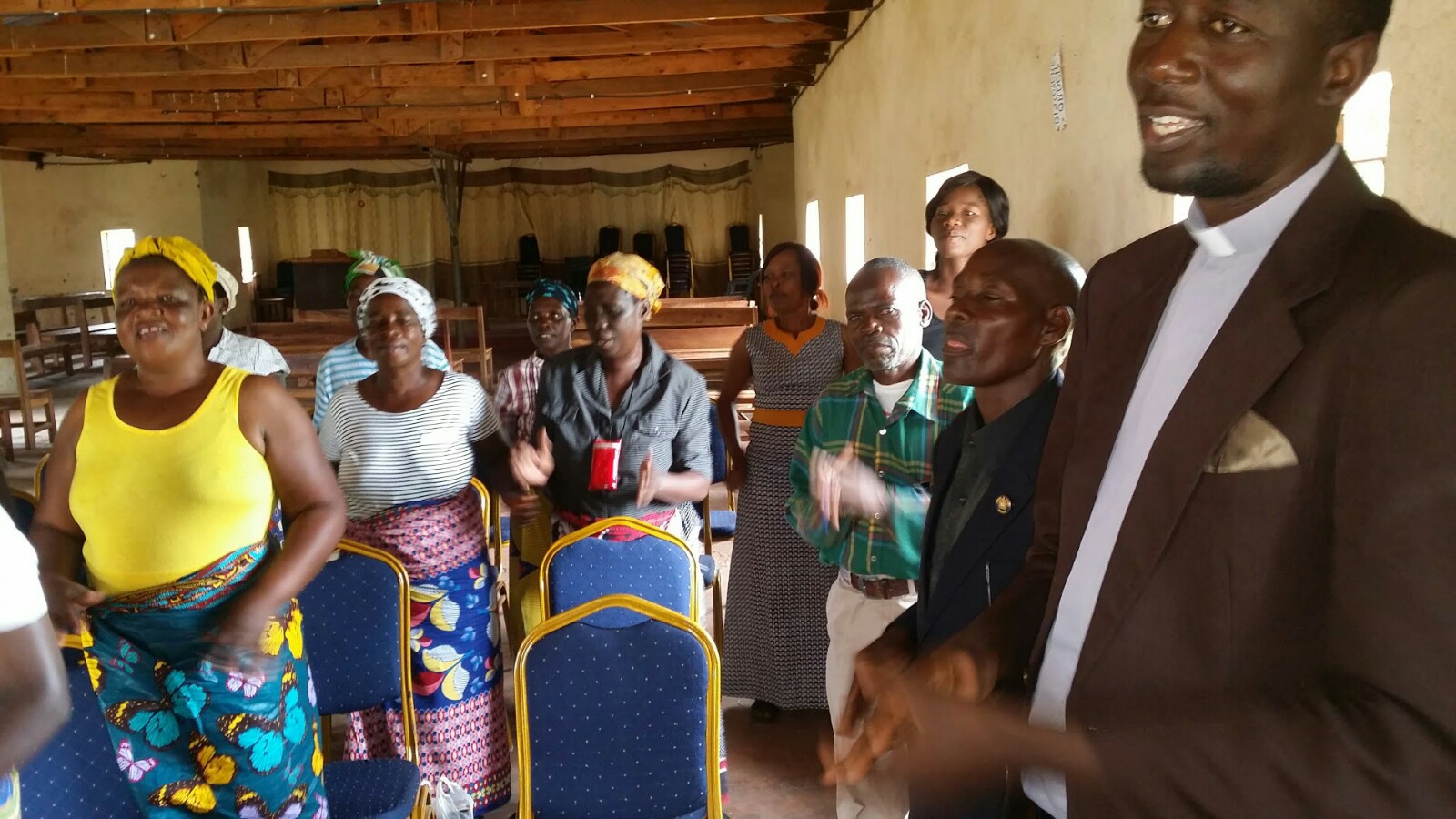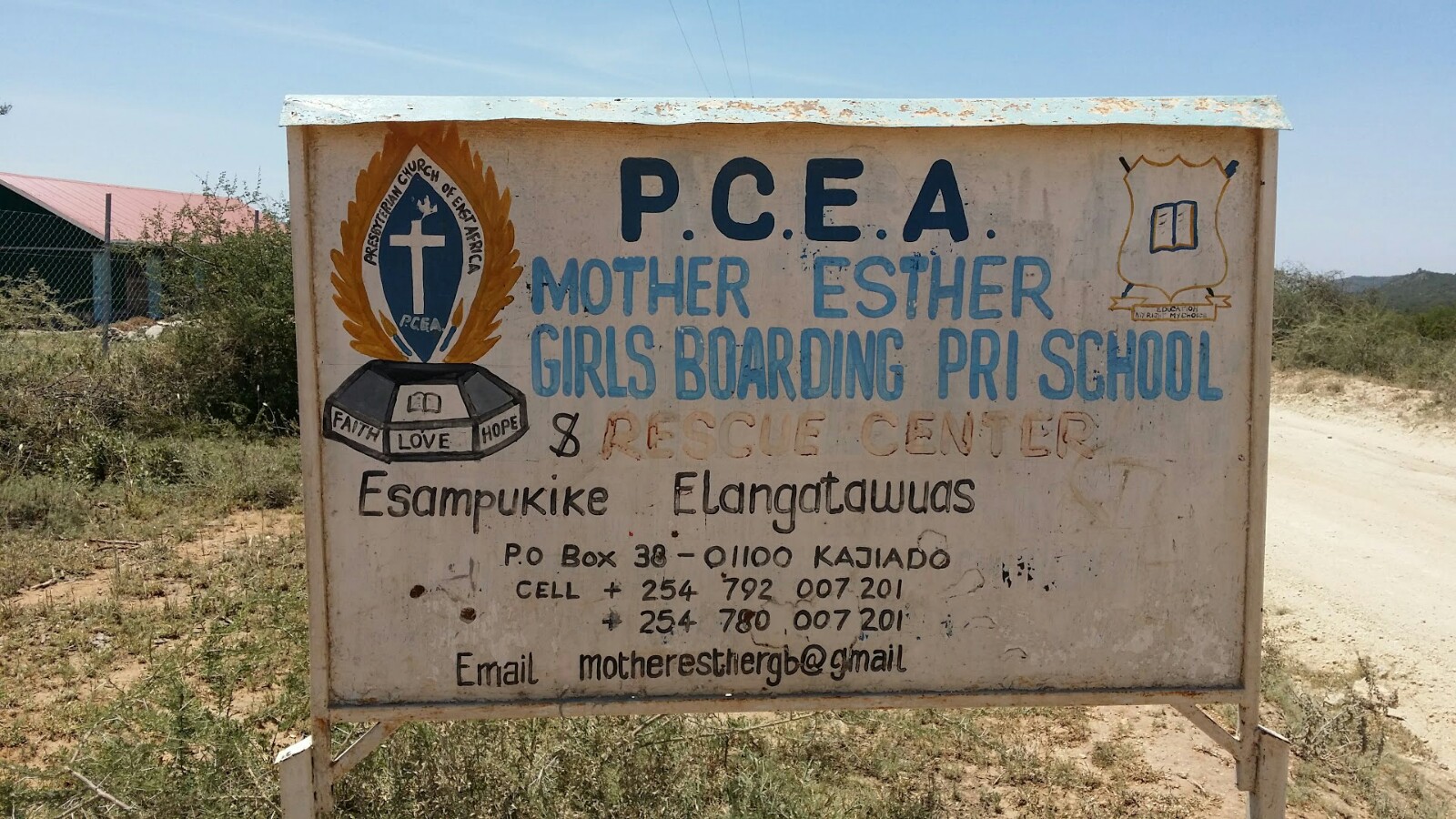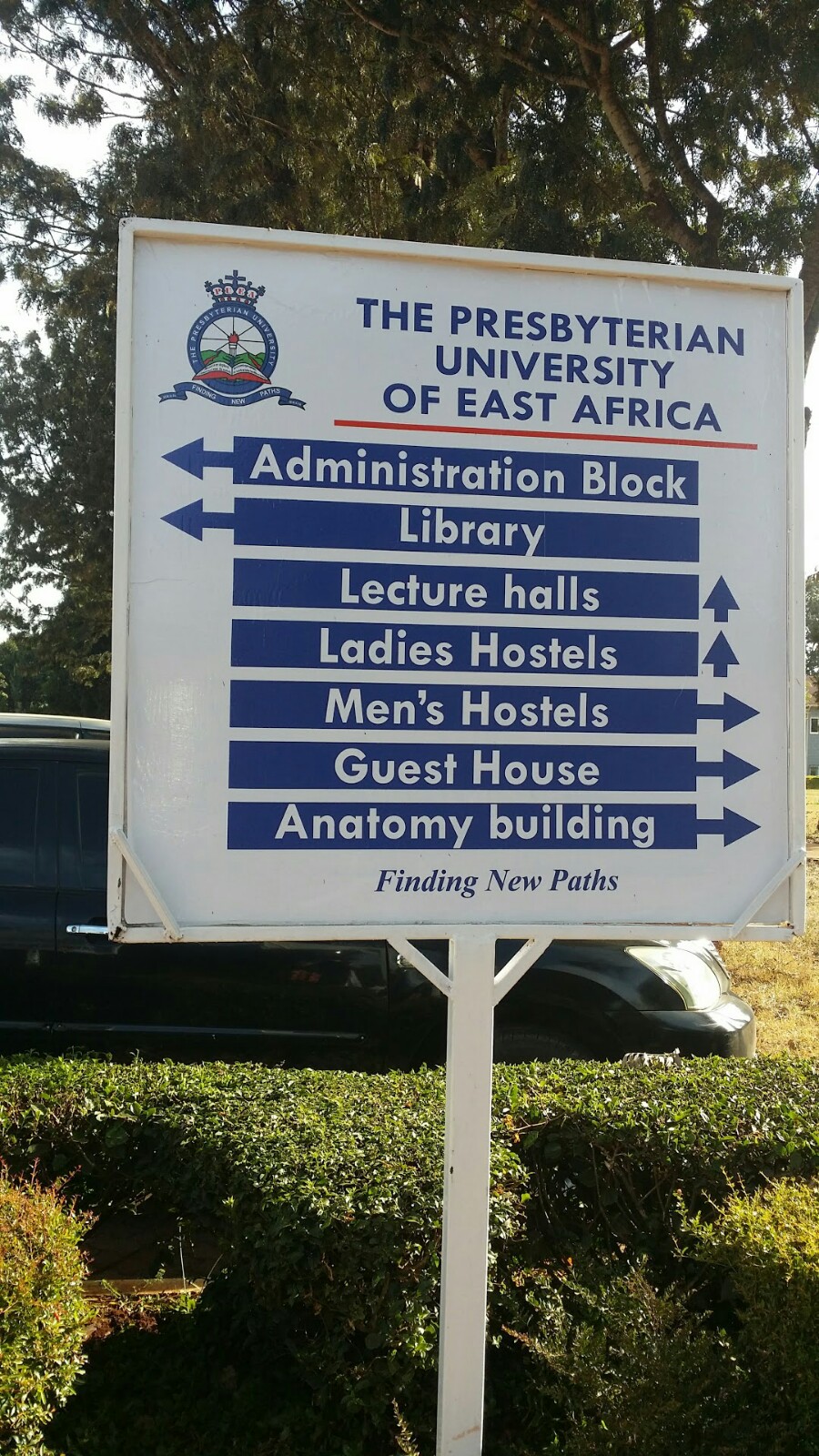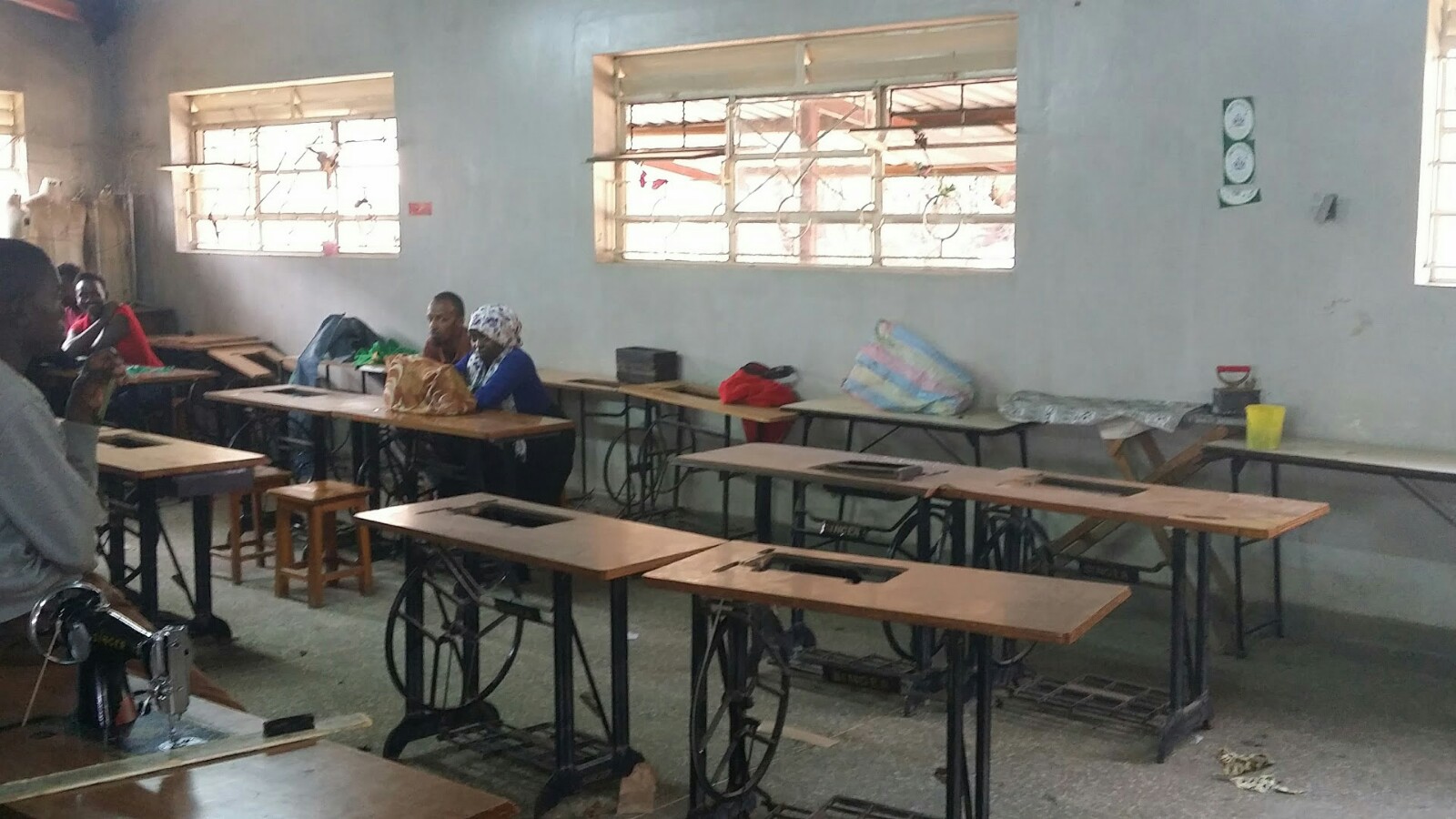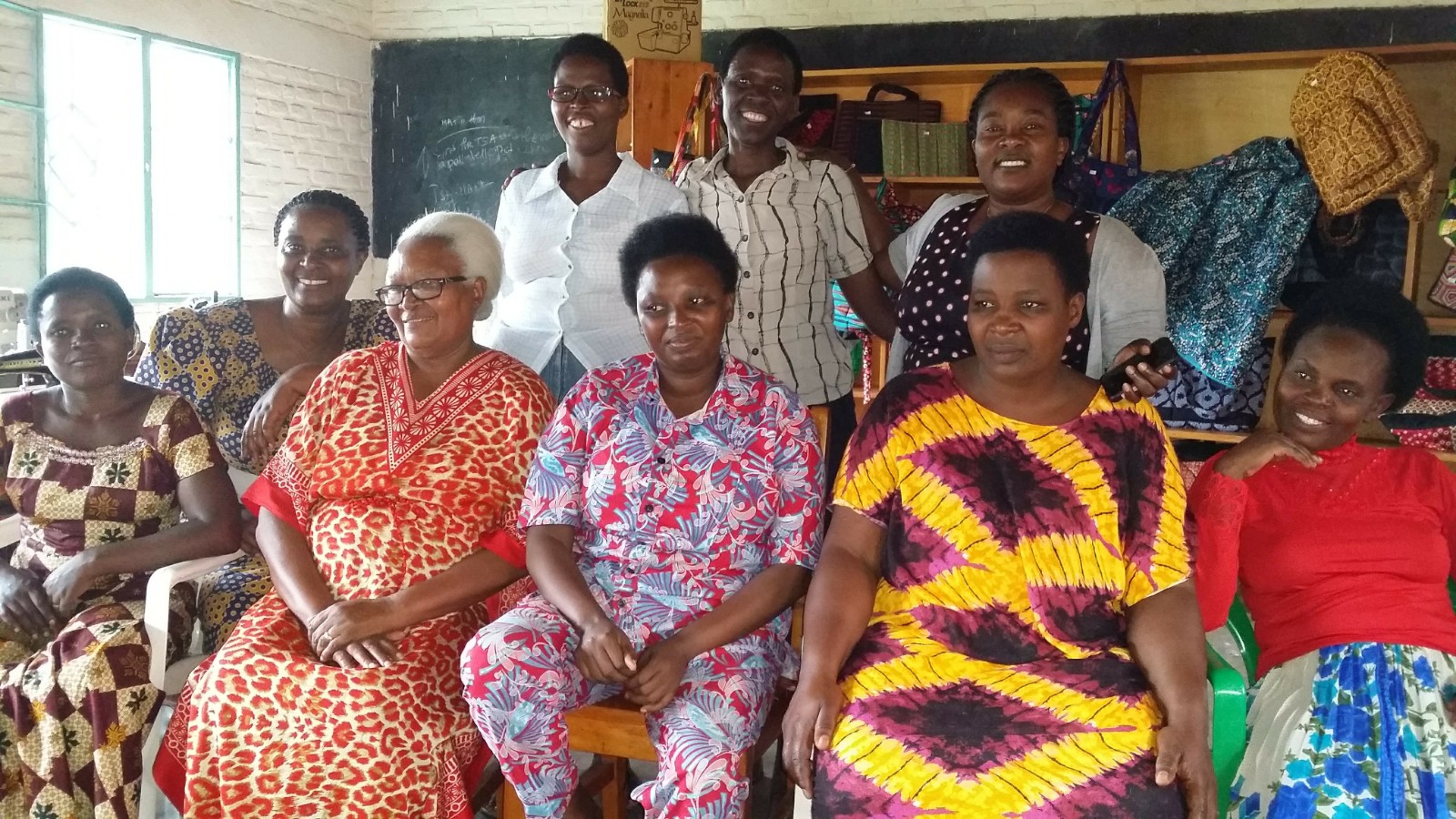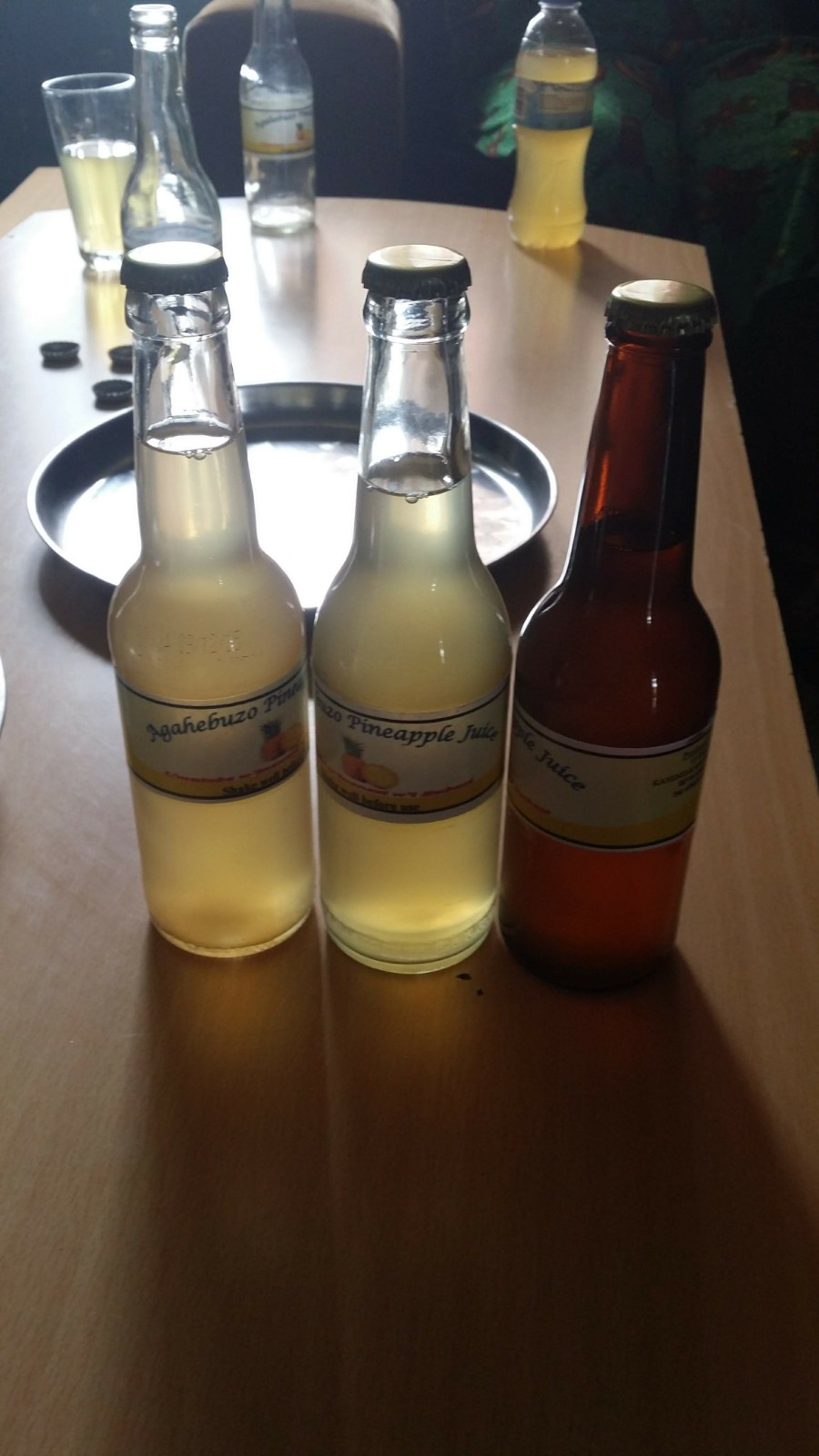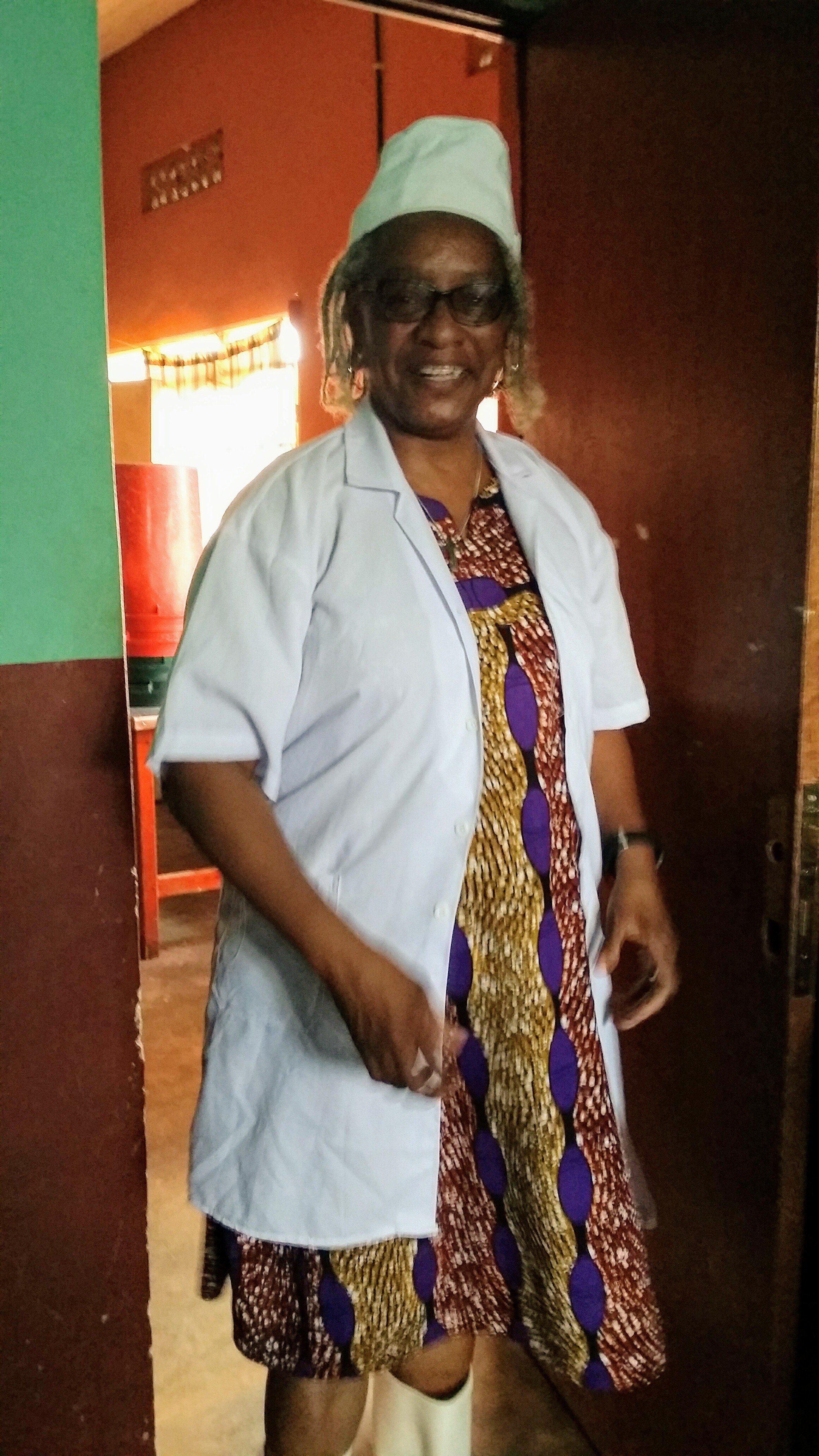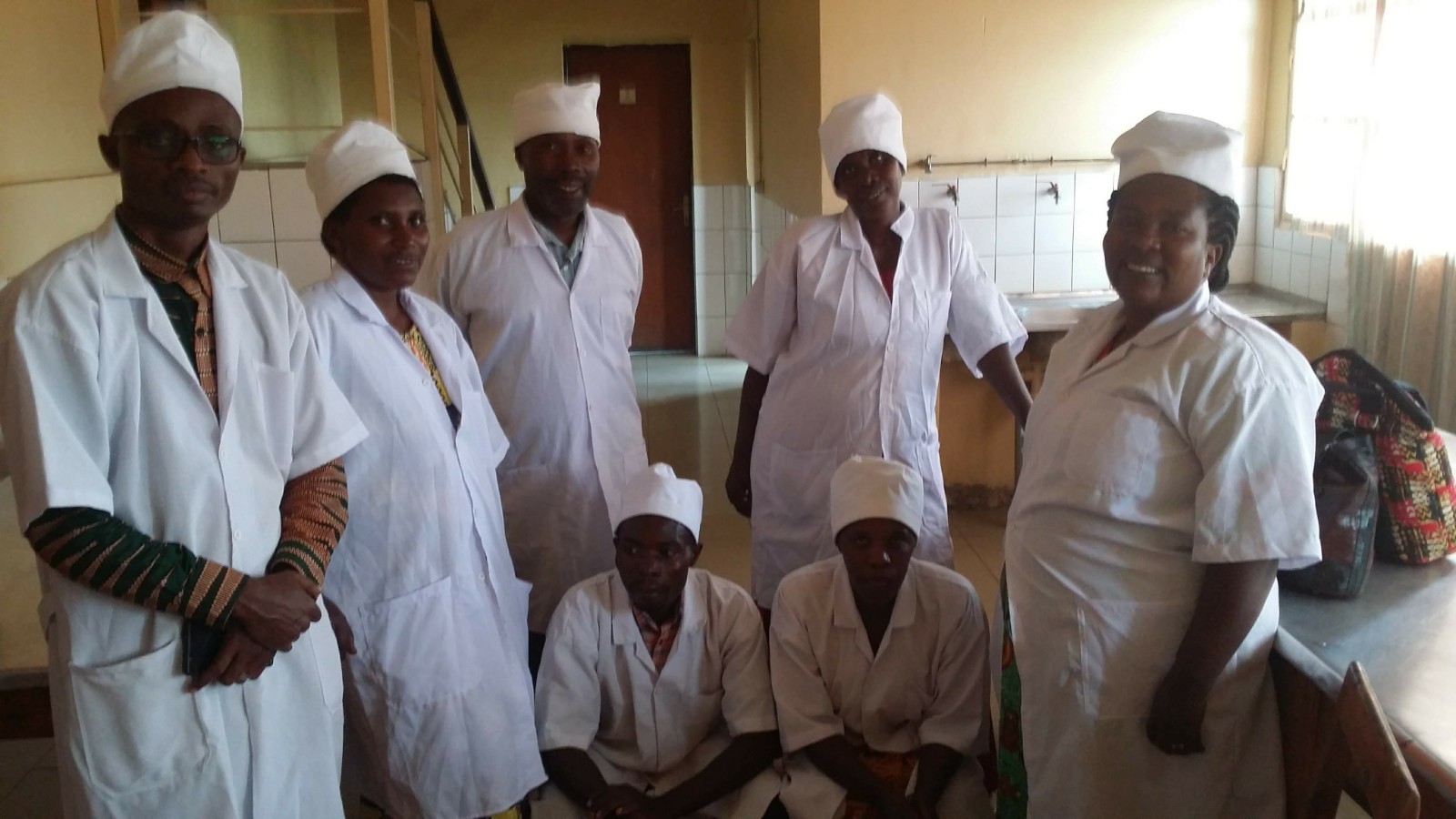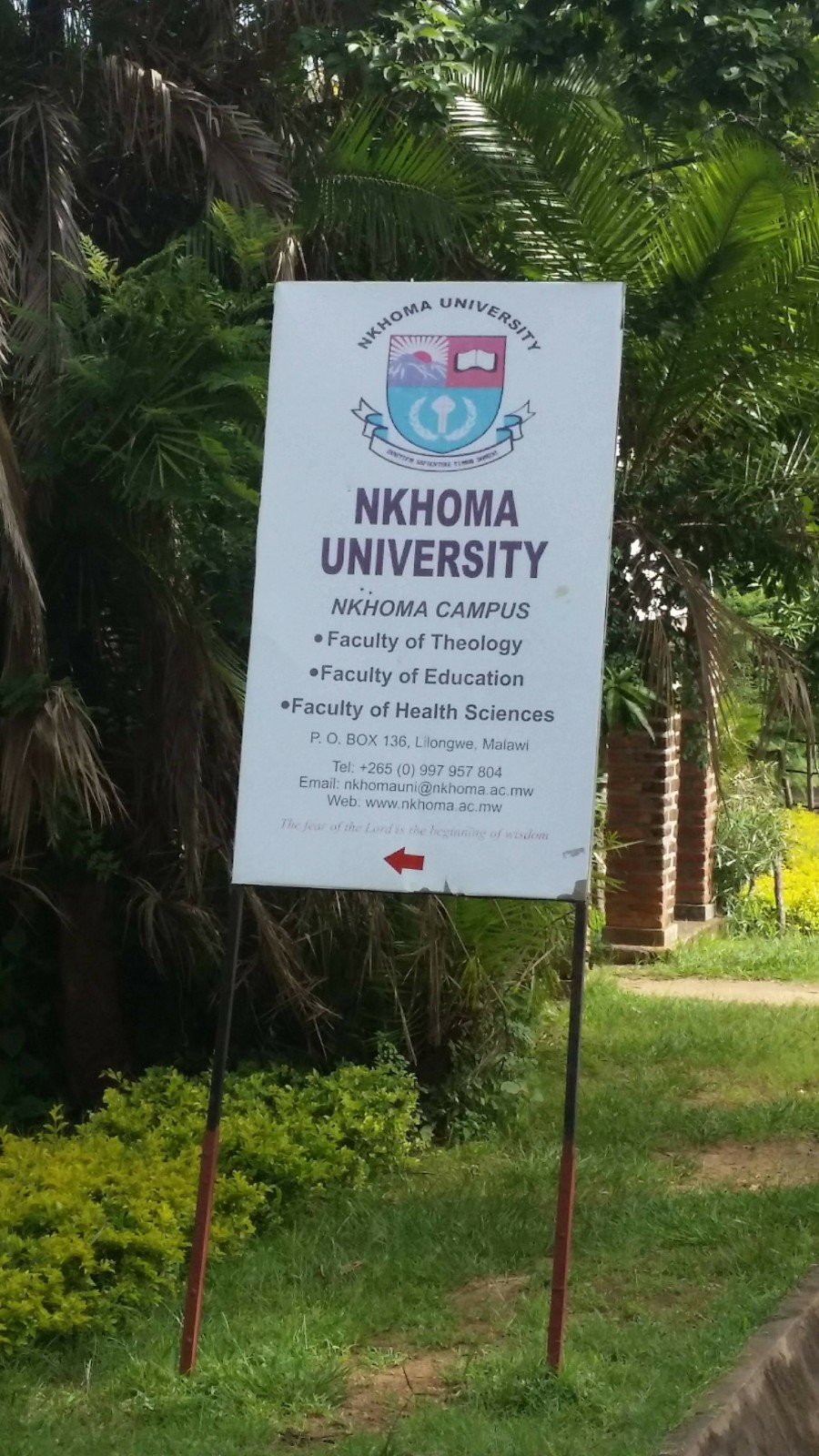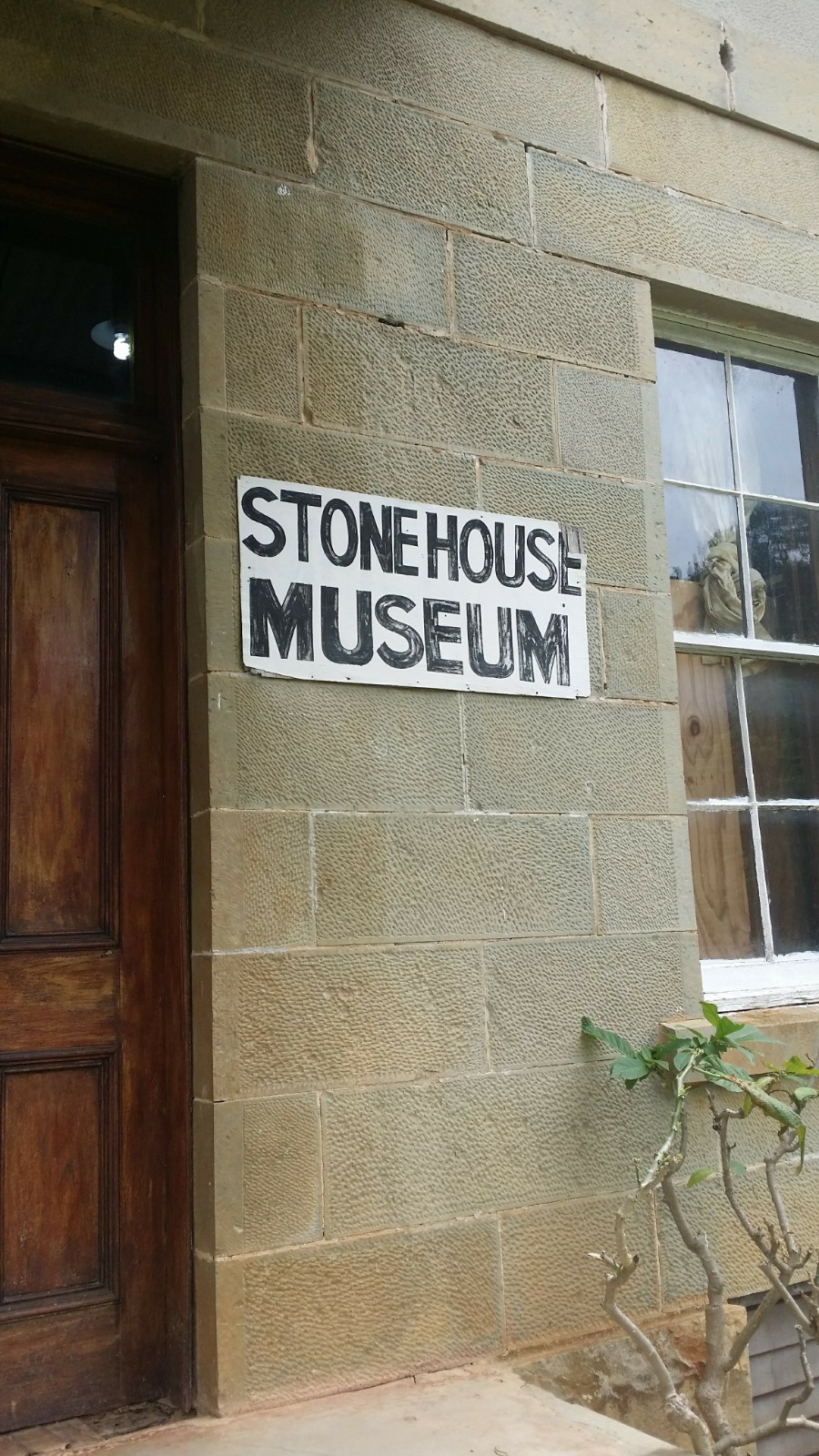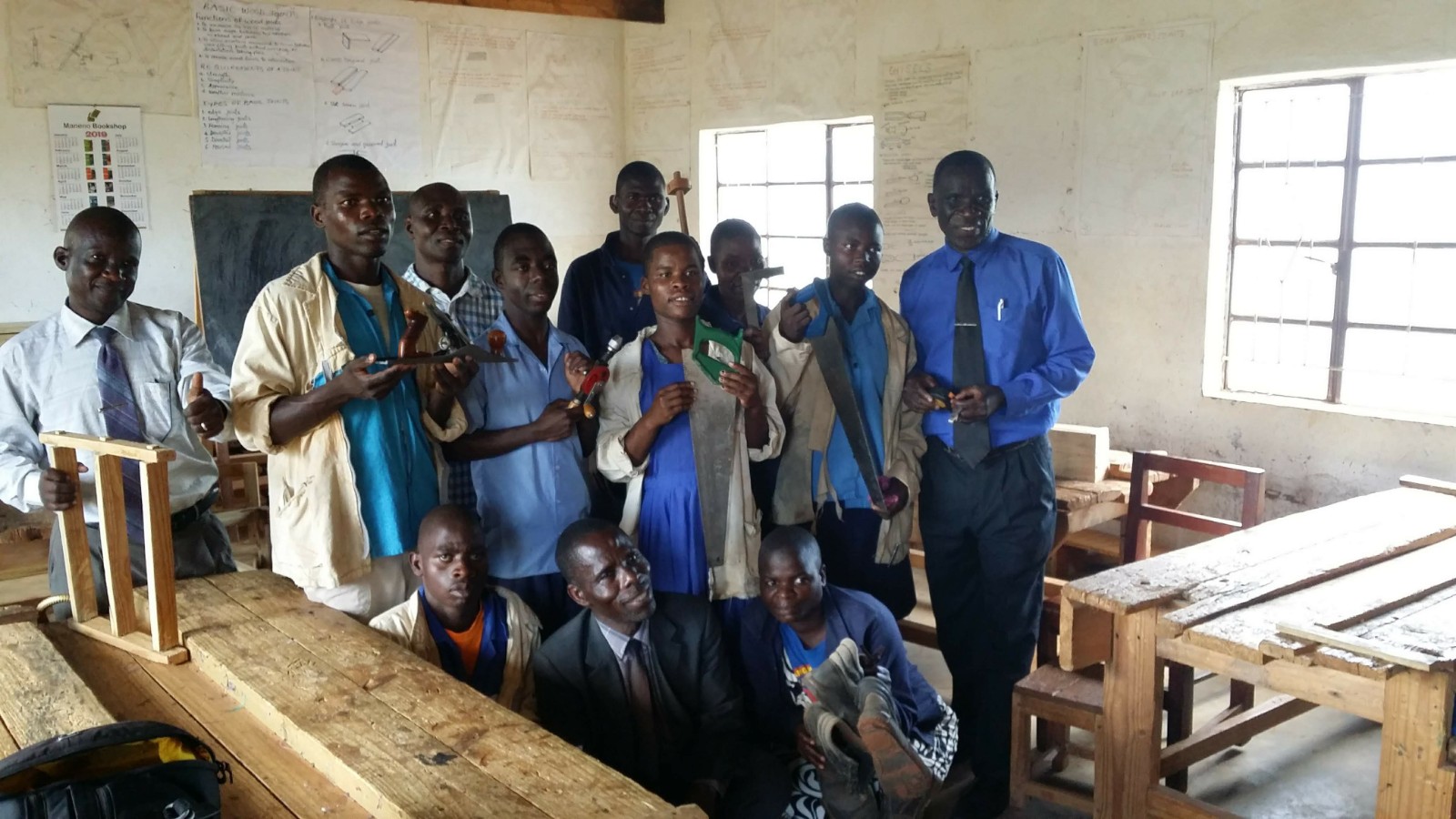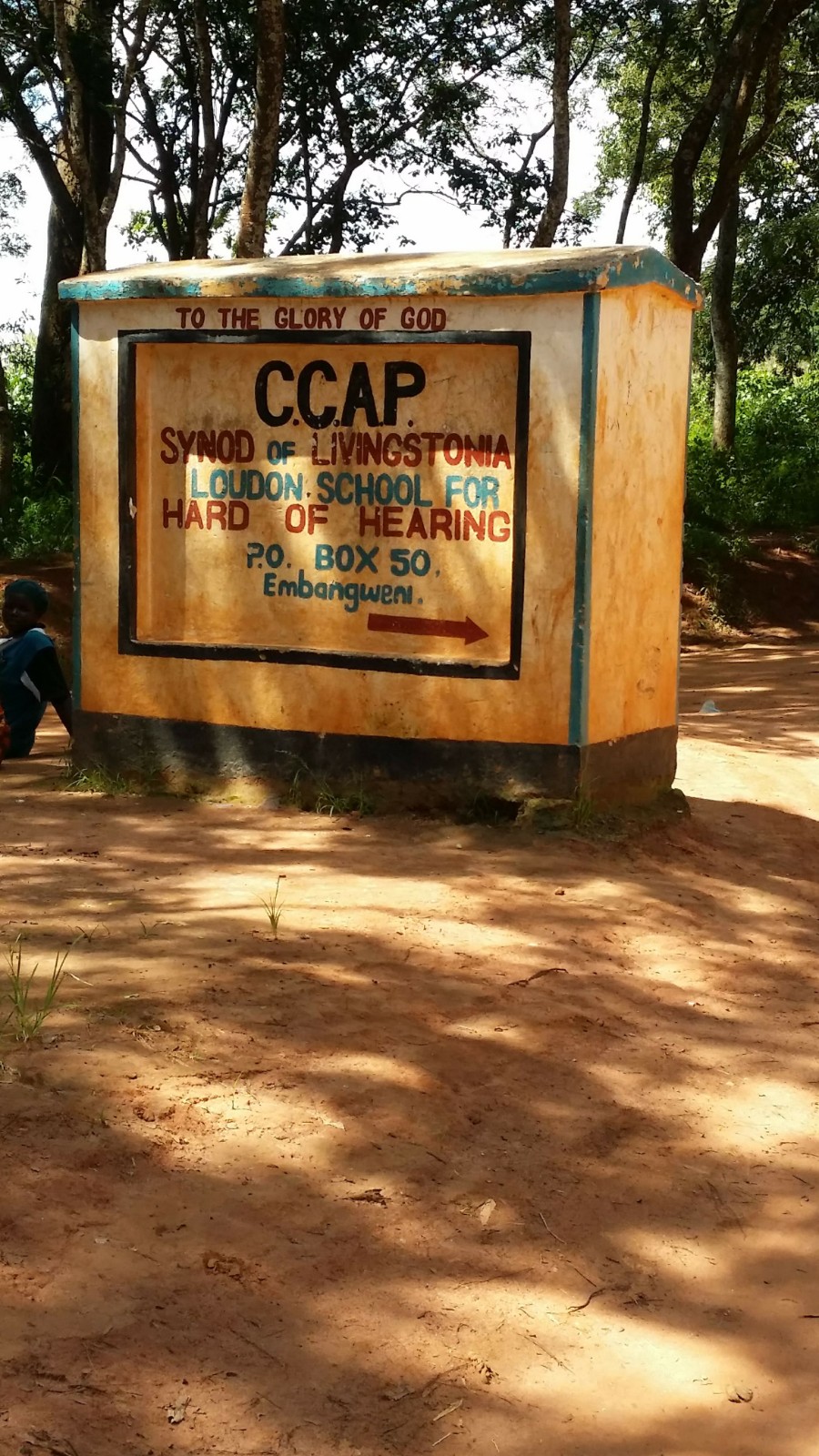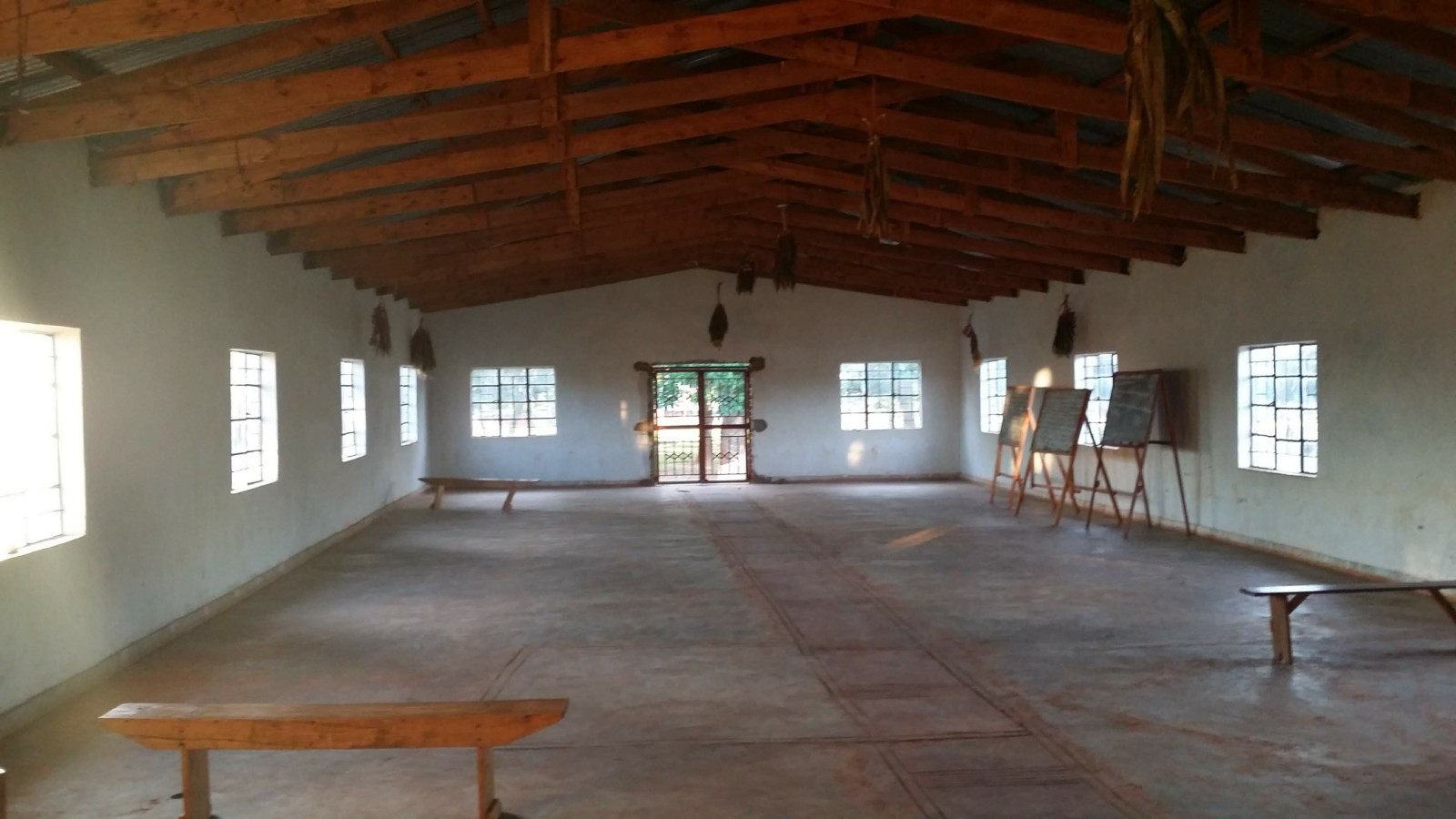A Letter from Paula Cooper, serving as Regional Liaison in East Central Africa, based in Zambia
July 2019
Write to Paula Cooper
Individuals: Give online to E200539 for Paula Cooper’s sending and support
Congregations: Give to D507596 for Paula Cooper’s sending and support
Churches are asked to send donations through your congregation’s normal receiving site (this is usually your presbytery).
Forget the former things; do not dwell on the past. See, I am doing a new thing! Now it springs up; do you not perceive it? I am making a way in the wilderness and streams in the wasteland.
Isaiah 43: 18-19
I arrived in Lusaka, Zambia, on January 3 at approximately 9:20 p.m. with eight pieces of luggage to begin a new chapter in my life. After coming through customs, it was time to gather my luggage and strategically place it onto two luggage carts. I was exhausted, but I managed to get four pieces on each cart. It immediately hit me: How in the world was I going to steer two carts and my two carry-on bags? As I looked around for help, it appeared that everyone looked in the opposite direction. I thought, “You cannot think about the former times when you had one or two pieces of luggage; that plane has flown! This is a new experience, and you have to make it work! You have to push through this wilderness experience!”
Accordingly, I began to push one cart at a time. I noticed that a security guard was at the exit door checking luggage receipts and passports. In spite of struggling with the two carts, I managed to retrieve those items from my purse and push my carts to that door. I wanted to ask him to help me; however, I noticed that he motioned to two young men to help me! “A stream in a wasteland”!
God was “making a way in the wilderness,” and I was going to trust God as I moved into new places, spaces and new wilderness experiences.
As I continue my story, I will use my suitcases as a muse as I share my new experiences. After my arrival, my experience continued as I began to unpack my first suitcase. Its contents consisted of my training and orientation with my predecessor, Nancy Collins. We reviewed previous grant proposals to recommend to Presbyterian Women, details related to transferring scholarship funds for the seminary students, and the history of the CCAP synods. I was introduced to synod officials of the Uniting Presbyterian Church of Southern Africa in Zambia (UPCSA), a denomination with which we want to revitalize our relationship. We reviewed the job descriptions and contact information for the mission co-workers with whom I will be working.
I unpacked suitcases two and three, and we went to Lundazi and Chasefu, Zambia, where I was introduced to our CCAP partners. In Lundazi, our partners are doing great things through their education, relief and development, training, and health departments. I met the department heads and learned of their endeavors that are reaching those on the margins of life. We visited a clinic for pregnant women and learned of plans for the clinic’s expansion. We attended a meeting during which the community was making plans for a family clinic.
In Chasefu, we learned more about CCAP’s mission work and the theological college where young men and women are being trained. We observed a desperate need for a female hostel — currently, the few women students are sharing with the men. The college needs solar panel lighting for the campus buildings. The school has an agricultural income-generating activity and a model farm where training is offered to the seminarians and nearby community residents to teach them skills for sustainability. It makes me think about how theologians and pastors plant seeds in the hope that members will be transformed into bearers of fruit! Theological produce!
The next leg of my orientation produced airline tickets to Nairobi, Kenya, and Kigali, Rwanda. While in Kenya, I was able to unpack the subjects of my fourth and fifth suitcases. In Kenya, we were introduced to partners of the Presbyterian Church of East Africa (PCEA). We visited some of the PCEA’s ministries, including the Mother Esther Home for girls who are rescued from the abuse of female genital mutilation (FGM) or early childhood marriages. Over 135 girls live at the home. It is in desperate need of clean water, showers, hygienic latrines, electricity, and safety.To ensure the girls’ safety, a fence around the property and security guards are needed. There is also a need for the construction of a building for classrooms. Finally, solar panels for those classrooms and the dormitories are needed, for the home is not on the electrical grid. On a positive note, they have acquired a newly renovated kitchen, although food is still scarce!
Afterward, we were off to Rwanda, where I unpacked the sixth suitcase. The basics of this unpacking continued with introductions to the officers of the Eglise Presbyterian Church au Rwanda (EPR) and the staff of the health department and the women’s guild. We visited two women’s groups that are operating two small businesses, one a sewing group from the Gikondo Parish. The other was a group from the Bubazi Parish that runs a small pineapple juice factory. However, they cannot sell the pineapple juice because the water used in the product is not safe for public distribution or consumption.
As planned, we left Rwanda because our next concern was the partners in Malawi, the origin country of the Church of Central Presbyterian Africa (CCAP). We traveled to many cities, where I unpacked my seventh and eighth suitcases. Again, we were introduced to our partners and their projects, to several universities or theological colleges, and to two schools for the deaf. We visited two congregations’ sites for church plants that are under construction. We also visited the Nyika Plateau, the location of the Robert Laws College and Stone Museum — ministries of the CCAP Synod of Livingstonia. I met several of the university’s staff, students, seminarians, and professors.
These locations have many challenges as well. They are always in need of boreholes for wells. Moreover, food insecurity is a reality. Many places we visited are in need of hostels for men and women, but especially for women, and there is a widespread lack of hot running water. Yet, the spirits of individuals appeared to exult in the meager things of life! In one sense it was uplifting, but in another sense it was disturbing when you consider how much wealth is in the world. We have a lot to learn from our brothers and sisters in East Central Africa!
Throughout the unpacking of suitcases at those various locations, I was privileged to meet the mission co-workers of my team, who are diligently “giving and receiving, teaching and learning, and listening and speaking” as they serve alongside our partners (Called as Partners International Partnership Manual).
I am hoping that you will come alongside me to enable me to continue to be a link of support between our global partner churches, our constituents in the U.S and our mission co-workers. Please, consider praying for me and financially supporting my work. You’re also more than welcome to pack your suitcases and come for a short-term trip to unpack them as you observe what God is doing in East Central Africa! Let God do a new thing in you!
In Christ’s love,
Paula
![]() You may freely reuse and distribute this article in its entirety for non-commercial purposes in any medium. Please include author attribution, photography credits, and a link to the original article. This work is licensed under a Creative Commons Attribution-NonCommercial-NoDeratives 4.0 International License.
You may freely reuse and distribute this article in its entirety for non-commercial purposes in any medium. Please include author attribution, photography credits, and a link to the original article. This work is licensed under a Creative Commons Attribution-NonCommercial-NoDeratives 4.0 International License.
